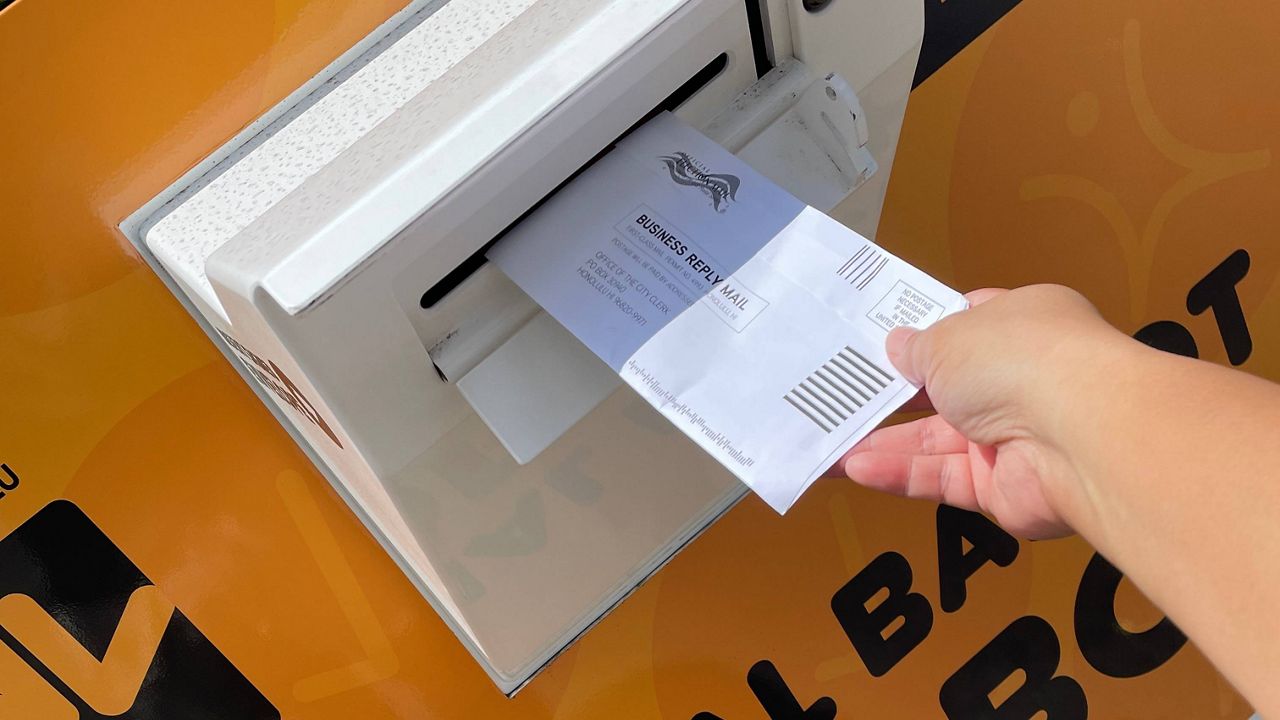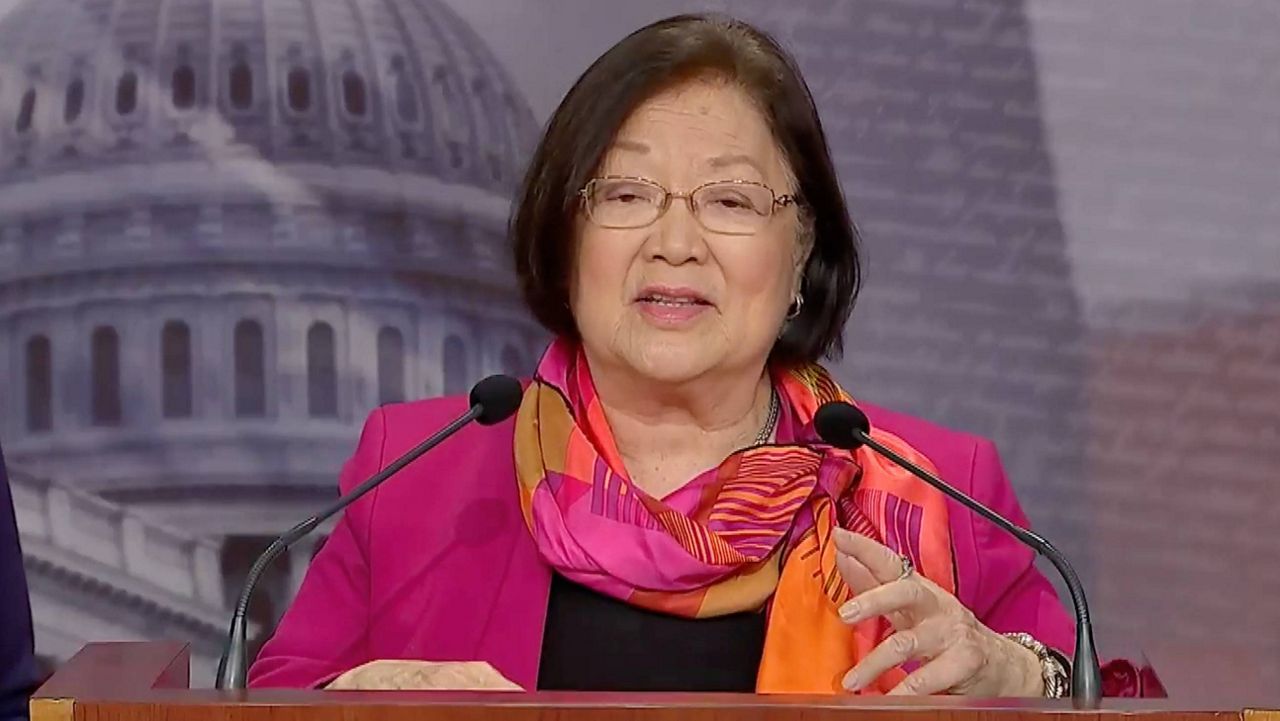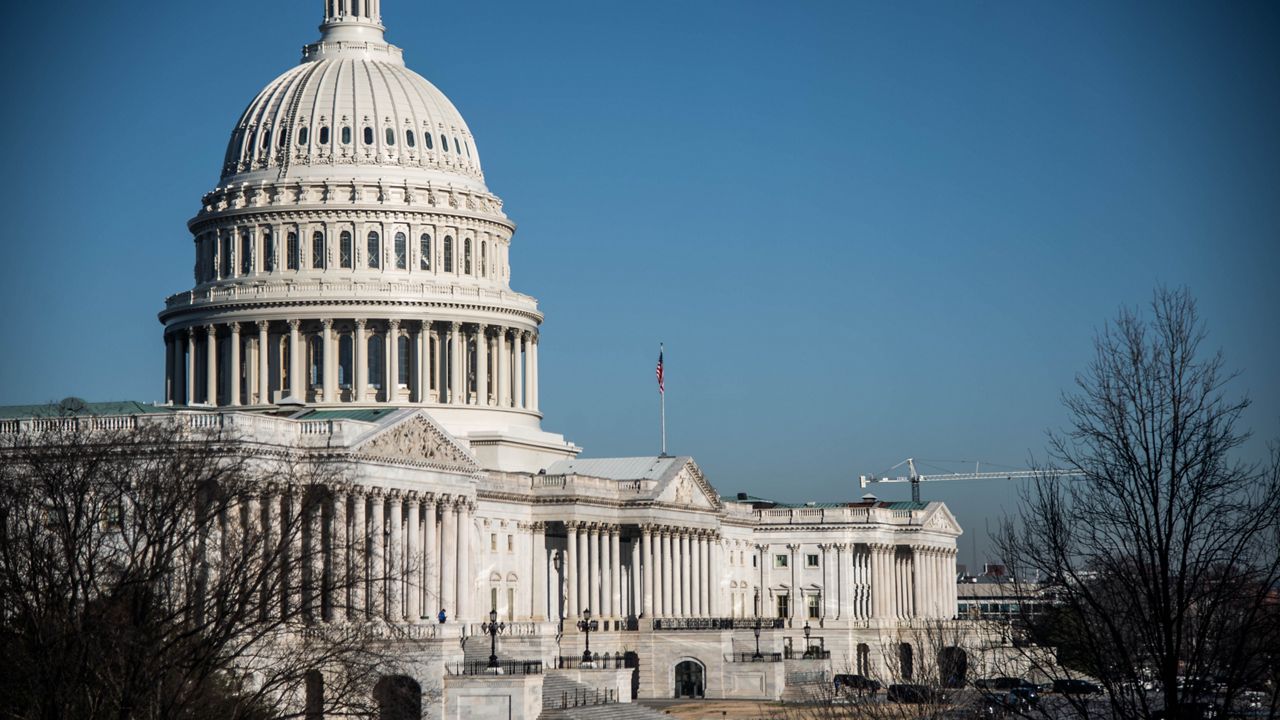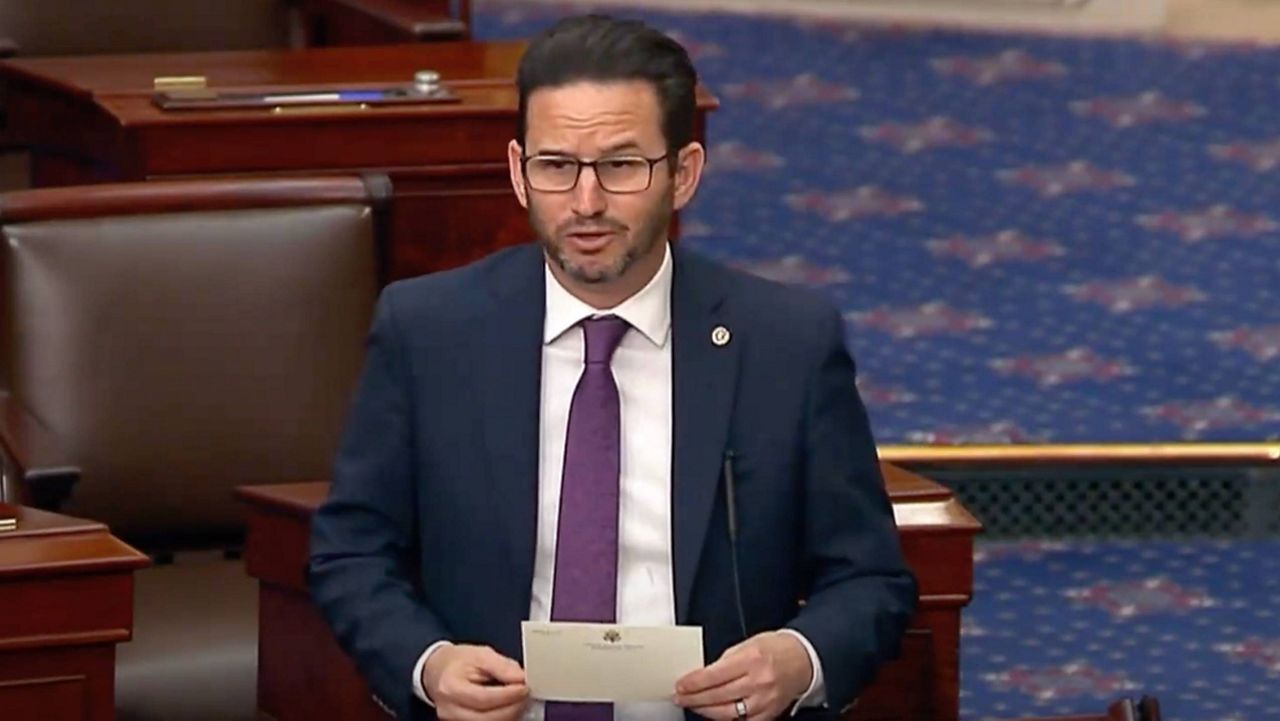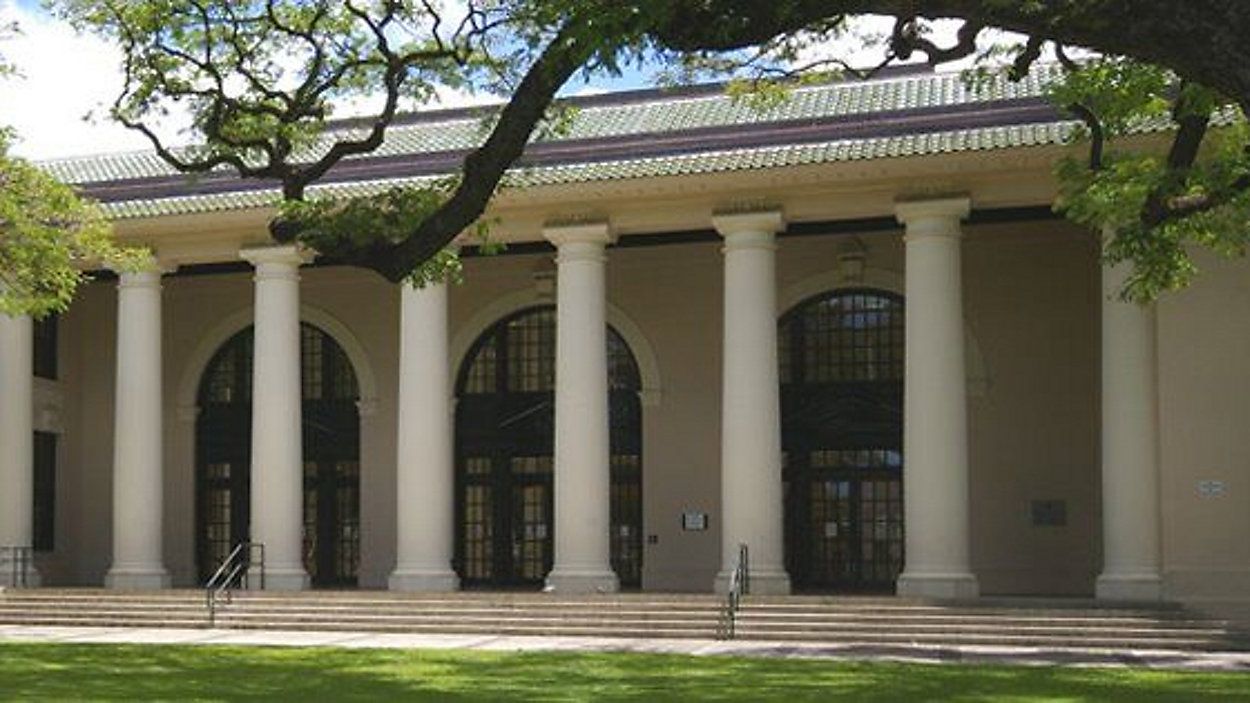Hawaii Island voters approved three charter amendments on Tuesday’s ballot that expand the Board of Ethics to seven members, allow the County auditor investigating fraud, waste and abuse, and establish a youth commission.
The first amendment increased the Board of Ethics from five to seven members. This amendment garnered 54.4% of the votes, according to the second to last printout of election results.
Deputy Corporation Counsel Dakota “Cody” Frenz, who is the attorney for the Board of Ethics, told the Maui City Council’s Government Relations, Ethics, and Transparency Committee at a May 17 meeting that during the COVID-19 pandemic it was often challenging to make quorum because too many people were out.
At the same meeting, Maui Council Member Susan Lee Loy pointed out that Honolulu, Maui and Kauai’s Board of Ethics all have either seven or nine members.
The Office of the County Auditor recently launched a hotline for whistleblowers to report fraud, waste and abuse, and the second amendment expanded the duties of the County Auditor to investigate these allegations outside of the annual audit plan. Hawaii County voters overwhelmingly voted for this amendment with 78.6% of the votes in the second to last printout of election results.
Hawaii County Auditor Tyler Benner said during a Finance Committee meeting on June 28 that “we really have to have it very well established that something is broken and wrong in order to go in and to look at it,” but not everything that is worth looking into always rises to that level.
For example, Benner said, one caller reported to the hotline that they saw a fire department pulling its trucks out every day and washing personal vehicles.
“Now is that pervasive over the entire department, no, it was one station,” said Benner. “And so that’s something where we might spend a little bit of time and go in and get a couple of pieces of evidence, and provide a direct management support letter to say you should probably remind your people that this is not appropriate.”
The third amendment established a Youth Commission, which will include nine to fifteen members between the ages of 14 and 24-years old. The Youth Commission will advise the Mayor, County Council and County agencies on legislative and budgetary measures and create programs that support youth development and civic engagement. This amendment captured 61.7% of the votes, according to the second to last printout of election results.
During a Government Relations, Ethics, and Transparency Committee meeting on May 31, Maui City Council Member Ashley Kierkiewicz said the Youth Commission could do everything from “elevating what’s important to youth aspirations” to “providing them space to develop strategies that really support youth in a variety of ways from education, mental health, which we know folks are struggling with right now.”
“If we as Council Members or the Administration would like to know what you think about various policies or decisions that we’re looking to make, getting their perspectives,” Kierkiewicz added.
Voters in Honolulu approved a youth commission in 2020.
Michelle Broder Van Dyke covers the Hawaiian Islands for Spectrum News Hawaii.





